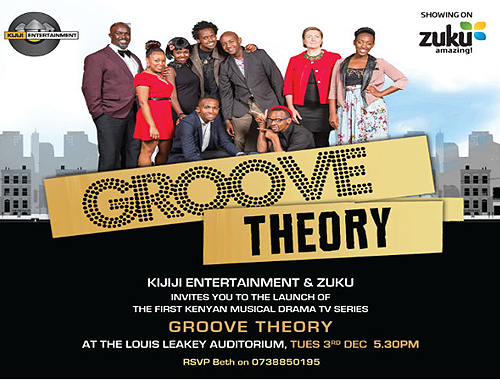 Why in America do we have national student sports contests, national science fairs, national spelling bees … but no national performance contests?
Why in America do we have national student sports contests, national science fairs, national spelling bees … but no national performance contests?
Africans know why: Because the American entertainment industry is a monopoly of big money and nepotistic connections and the arts are no longer being taught in schools.
“In Kenya,” Dr. Hassan Wario explains, “students become performers because of talent” nurtured in school.
Dr. Wario is the Kenyan Minister for Sports, Culture & the Arts. His portfolio in the cabinet is equal to that of any other cabinet minister.
The devastation Americans have wrecked upon the public school system in my life time is equivalent to the nukes dropped on Hiroshima and Nagasaki.
In fact, forget about the arts curriculum. America “is $46 billion a year behind what it should spend on building and repairing K-12″ just to have safe school rooms!
This week ended the massive student national drama festival in Kenya. In February my safari was passing through the town of Nyeri north of Nairobi and I wondered if there was a revolution going on.
It turned out it was a regional high school drama festival! It was the middle step in national competition held annually, just like for soccer and science.
Today the President of Kenya greets the national winners at Statehouse to congratulate them. This year’s national contest just ended yesterday.
The final round of plays, films, dance and musical performances drew 50,000 contestants! According to a local paper, it turned the relatively sleepy town of Meru in the Kenyan highlands into a “beehive of activity with hotels being fully booked and businessmen making a kill.”
It was, simply, as important a function of student growth as sports or science.
But in America we’re now decades away from this conversation. Kenya spends 21% of its federal budget on education. In America it’s less than 13% of the total budgets for the federal and all state governments.
So, yes, too little money is a part of the problem. Putting it a different way Americans believe that less of their resources should be spent on educating their children than Kenyans do. Finally, arts gets the shaft in America.
As a father and uncle to several successful entertainers I’ve often been grateful to their schools for getting them going. But they were among the privileged. They attended schools that – at least back then – sustained the arts. Even back then, many schools didn’t.
So Americans bifurcated potential entertainers into the haves and have-nots. This created a homogeneous pool of individuals from the privileged classes that now dominate American entertainment. No wonder we blame our media for our politics!
No question that the American performance industry is mammoth compared to Kenya’s, for example. But neither in my mind is there any question that today dramatic arts in Africa are more creative, less prone to formula, capable of greater risks and ergo, greater rewards. Moreover, the average Kenyan consumer nurtures an incredible range of performance, from lining up for Shakespeare festival tickets or improv comedy, or falling in love with vampires and Nobel Prize laureates at the same time!
I’m no entertainment critic, but I’ll tell you, Kenyan TV is much more creative and fun to watch than American TV.
Kenyans, well, just love …the arts!
Because – like here – it all begins in school.
 Feel the epiphanous relationship of the disaster in The Sudan with Kaylin Gillis and Ralph Yarl.
Feel the epiphanous relationship of the disaster in The Sudan with Kaylin Gillis and Ralph Yarl.
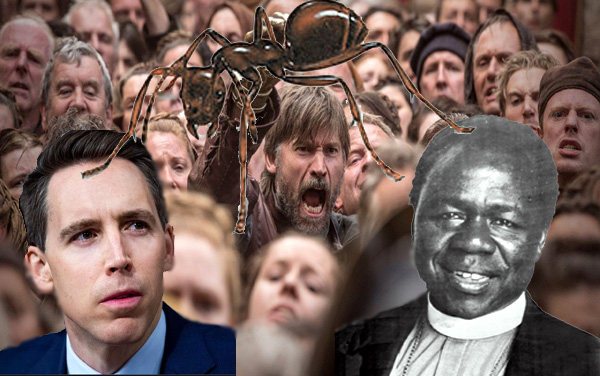 Almost a half century ago Kathleen and I drove into remote southwest Uganda sneaking precious, banned textbooks (on mathematics) to one of the few schools that until then had managed to survive under Idi Amin.
Almost a half century ago Kathleen and I drove into remote southwest Uganda sneaking precious, banned textbooks (on mathematics) to one of the few schools that until then had managed to survive under Idi Amin.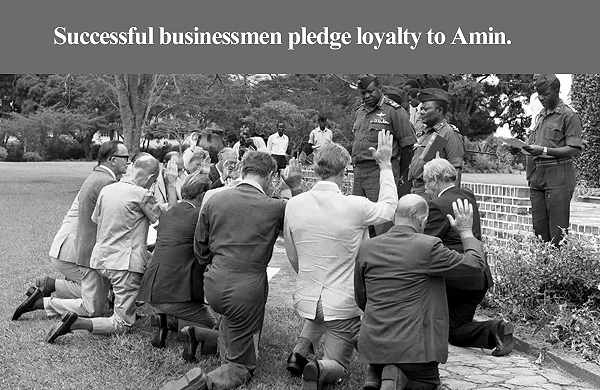
 Was Donald Trump brought to power by Harry Potter?
Was Donald Trump brought to power by Harry Potter? Recently on a local birdwalk with some neophytes my colleague guide and I knew that we had to find something big quick. Then as luck would have it in swept a turkey vulture and with great enthusiasm we began explaining all the marvelous things about it.
Recently on a local birdwalk with some neophytes my colleague guide and I knew that we had to find something big quick. Then as luck would have it in swept a turkey vulture and with great enthusiasm we began explaining all the marvelous things about it.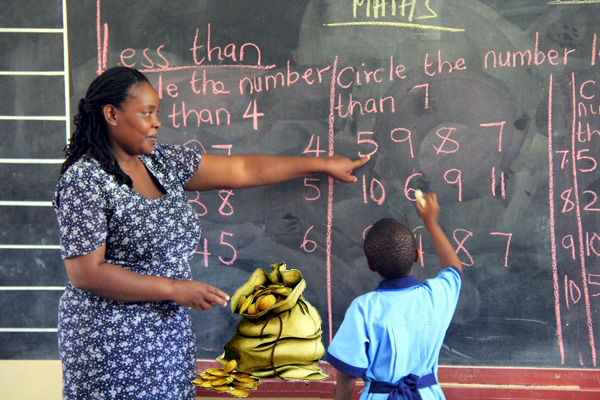 Should teachers be paid bonuses when their students achieve better test results? What would you think about giving a 6th grade English teacher a bonus equivalent to half his salary if more than half his students ranked in the highest 5 percentile of the No-Child-Left-Behind tests?
Should teachers be paid bonuses when their students achieve better test results? What would you think about giving a 6th grade English teacher a bonus equivalent to half his salary if more than half his students ranked in the highest 5 percentile of the No-Child-Left-Behind tests? One of the most important elephant organizations in the world, Cynthia Moss’
One of the most important elephant organizations in the world, Cynthia Moss’ 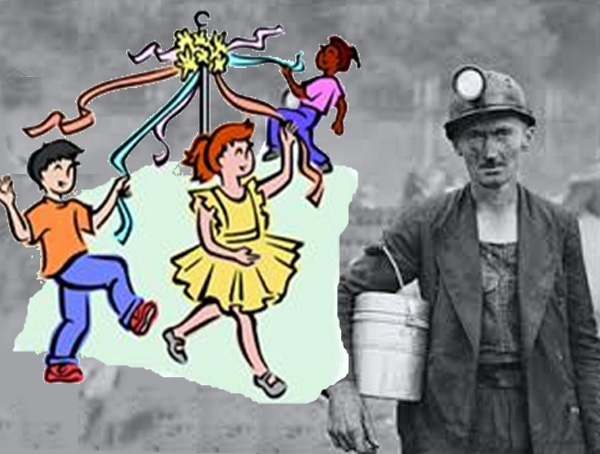 Much of the world takes a holiday, today.
Much of the world takes a holiday, today. 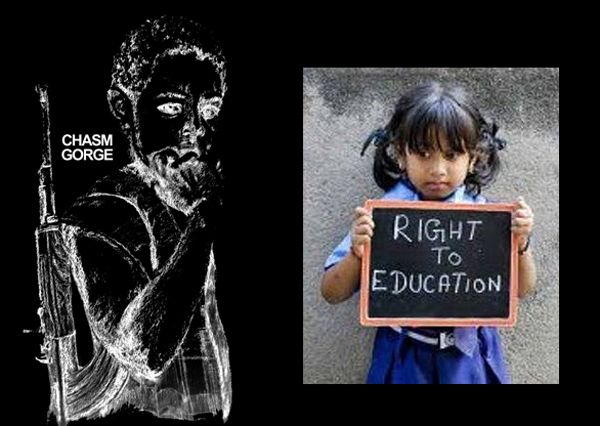 The success of childhood education is directly the result of how much tax payers will pay and how good the government is that implements it.
The success of childhood education is directly the result of how much tax payers will pay and how good the government is that implements it.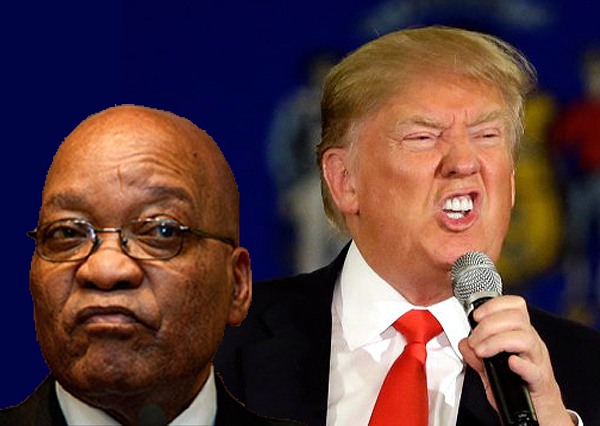 The current president of South Africa, Jacob Zuma, has nearly destroyed his country. He rose to power on the negative emotions of a neglected class of people, and he had no idea what to do once there.
The current president of South Africa, Jacob Zuma, has nearly destroyed his country. He rose to power on the negative emotions of a neglected class of people, and he had no idea what to do once there.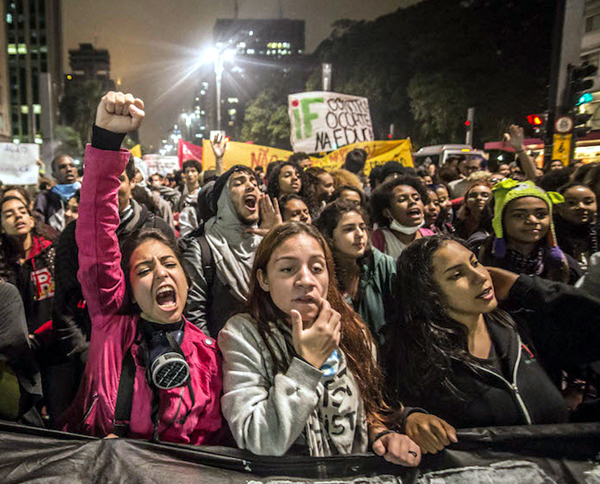 The
The 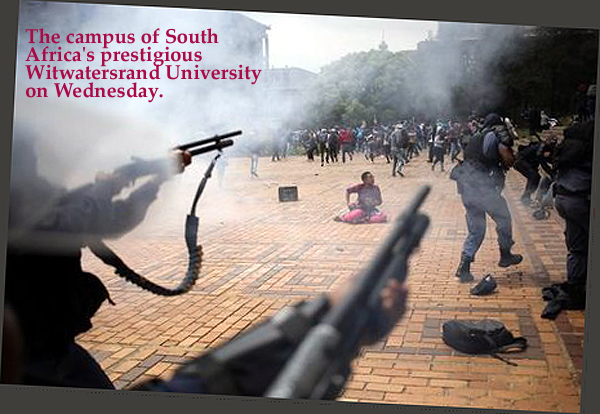 South Africa’s respected university system is
South Africa’s respected university system is 
